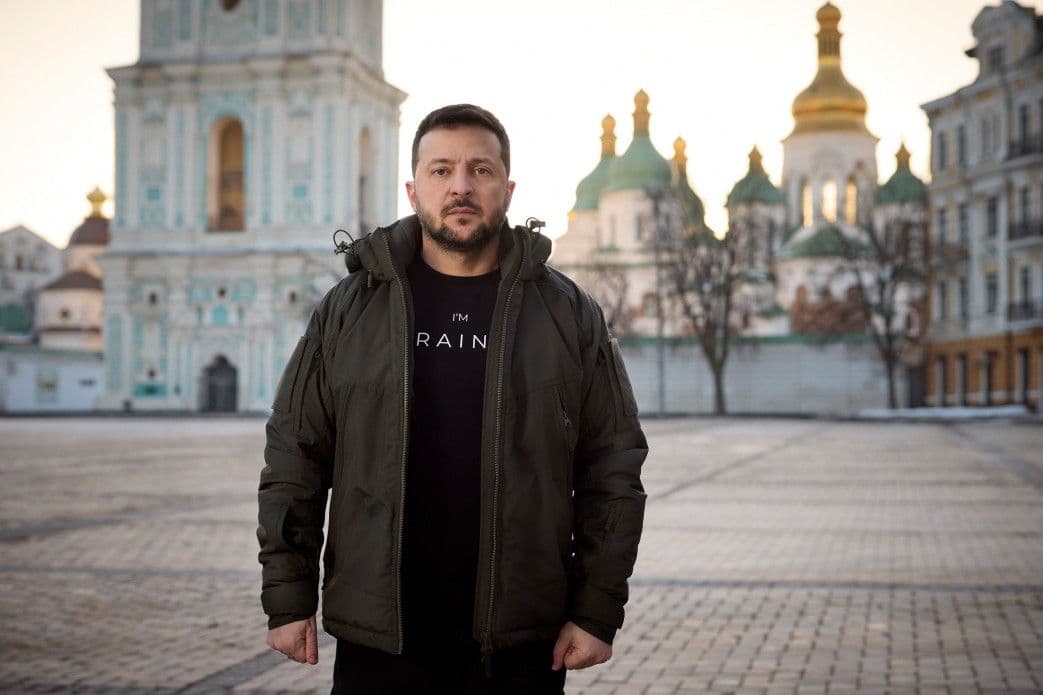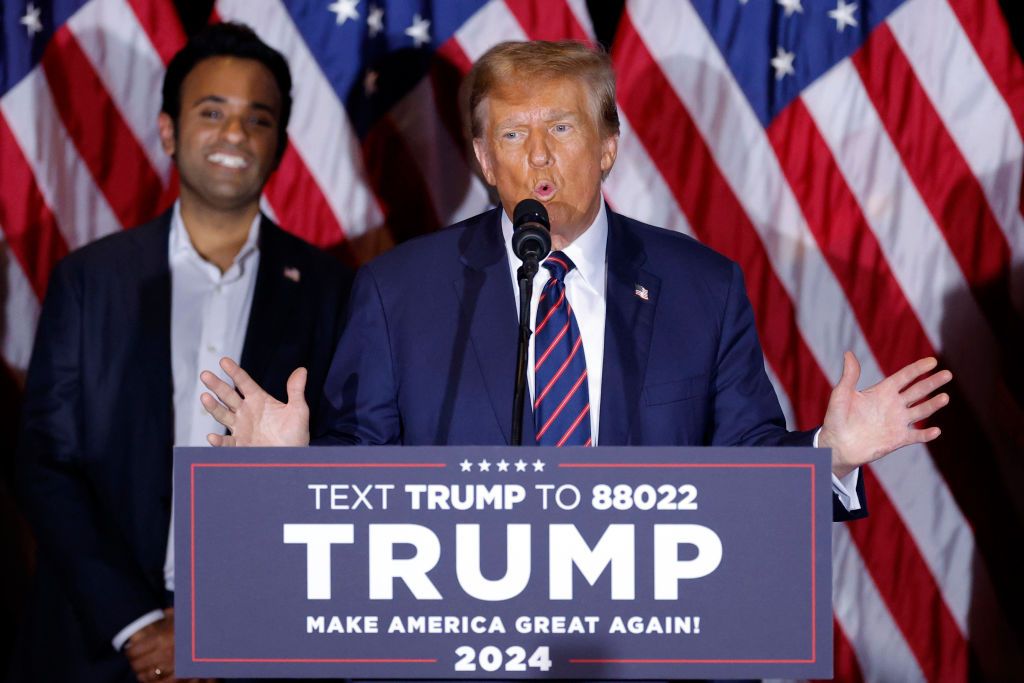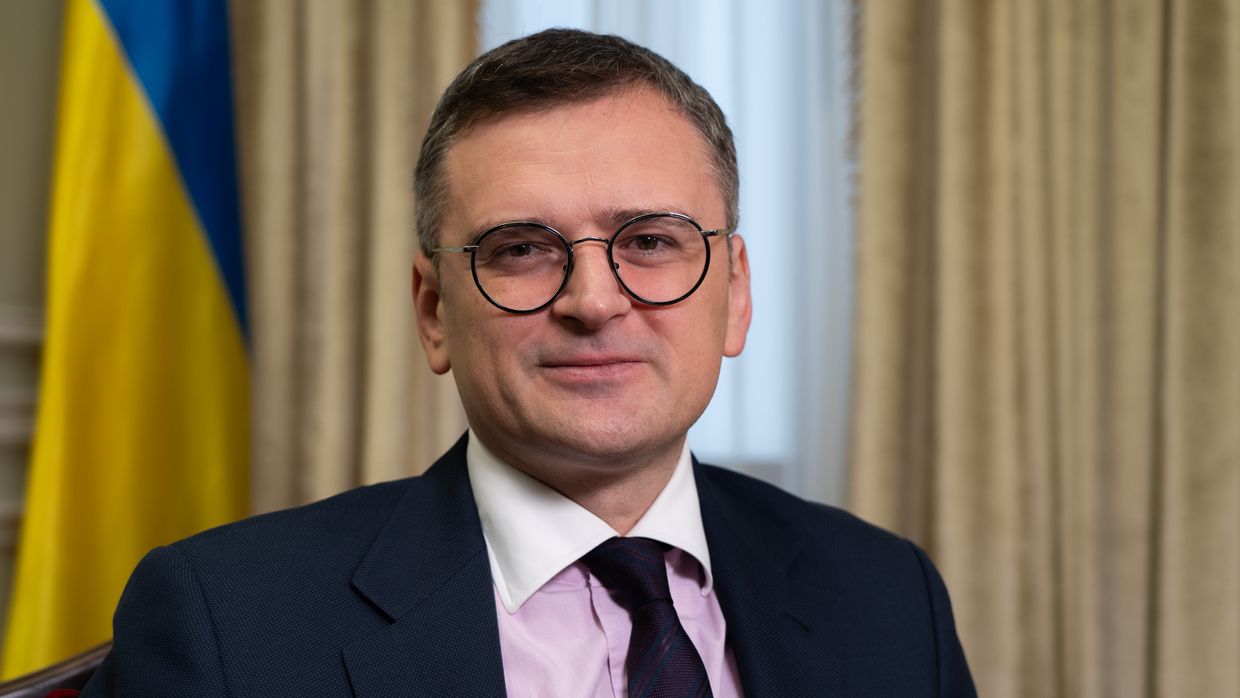Zelensky: Europe cannot support Ukraine alone without US

Europe will likely not be able to support Ukraine financially and militarily if the U.S. were to significantly reduce its aid, President Volodymyr Zelensky said in an interview with the German TV channel ARD released on Jan. 29.
Zelensky's comments came as aid from the U.S. has essentially stopped due to gridlock in Congress, largely over domestic political issues unrelated to Ukraine. Concerns about a reduction or even an all-out cessation of aid from the U.S. increased after former President Donald Trump's commanding victories in the Republican primary.
Trump has previously implied he would cut support to Ukraine if elected and said his primary focus would be to secure an immediate ceasefire with Russia within 24 hours, without specifying what terms the proposed peace deal would be on.
Zelensky's fears have been echoed by other Ukrainian leaders, such as Foreign Minister Dmytro Kuleba, who said earlier in January that there is no "plan B" if U.S. aid ends.
At the same time, both Zelensky and Kuleba said they did not think that such a dramatic reduction in the U.S.'s support for Ukraine would actually occur, even if Trump were to be elected.
Zelensky said that there are some within the Republican Party, including Trump, who do not support Ukraine as much and who would like to see the U.S. have a smaller role in the war, but those individuals are a minority.
"Therefore, it is unlikely that the policy of the United States depends on one person only," Zelensky said.
"I don't really believe that," he added. "Or I don't want to believe that."
Even if a united Europe could manage to give enough support to Ukraine, the loss of the U.S. would be a "very bad signal."
The U.S. has significant influence over Ukraine's allies, including in enforcing the sanctions against Russia, and Zelensky warned that the U.S.'s absence in this area could cause the sanctions policy to "crumble."
It would be a signal that Europe will be left alone to confront Russia, Zelensky added.
If such a situation were to occur, Zelensky said he would like to see Germany take on a greater role in uniting the alliance of countries supporting Ukraine.
"Germany can manage to consolidate the EU," he said.
"But, still, I think this threat is very high. Because this is a signal that is not good. U.S. passivity or non-support is wrong."














